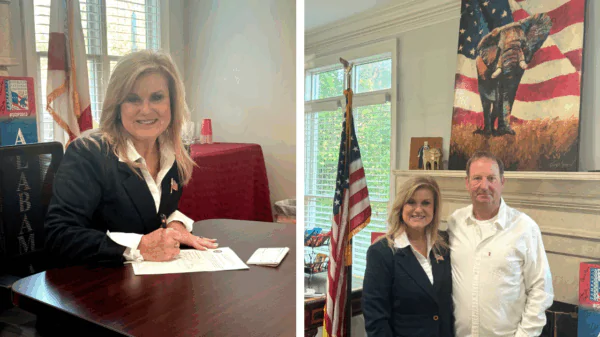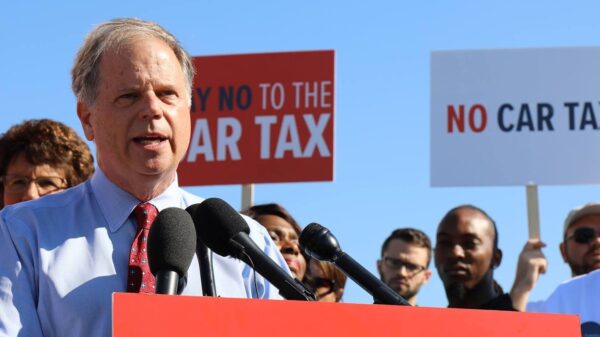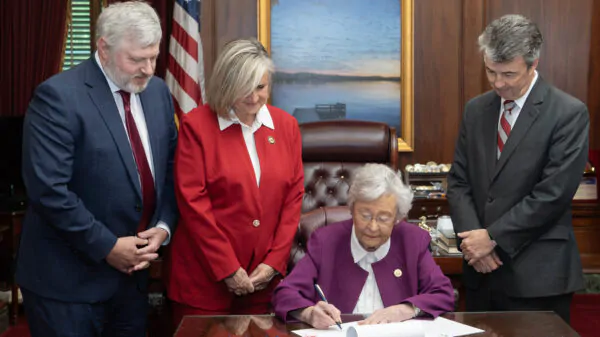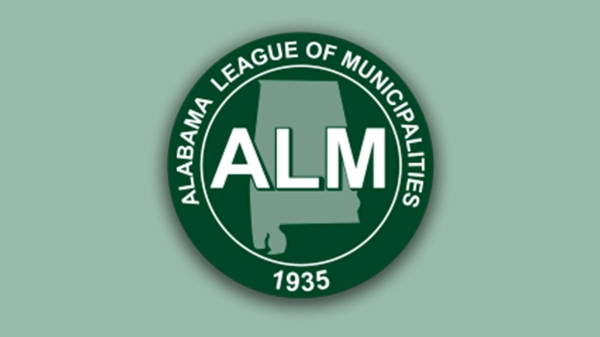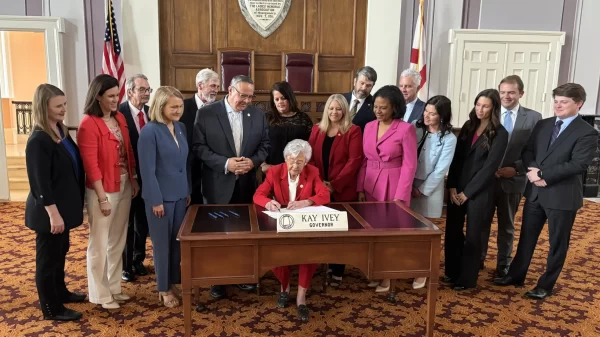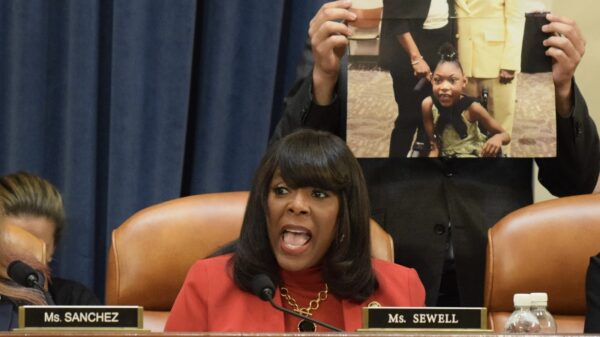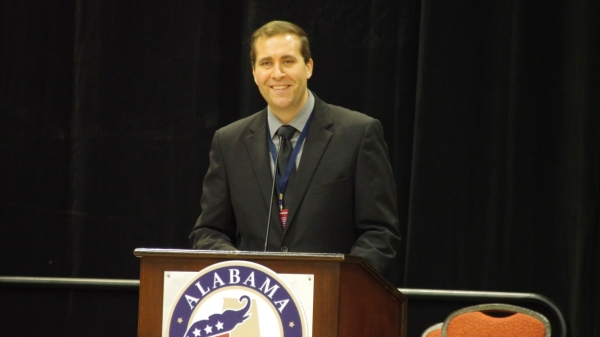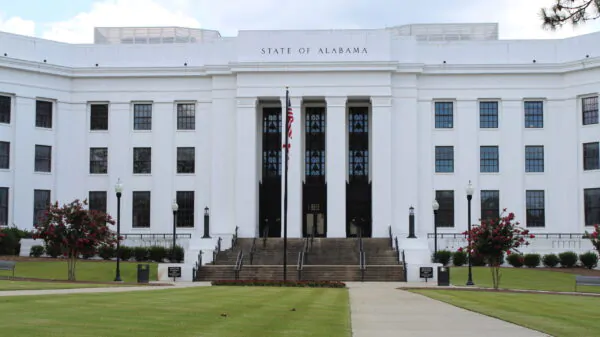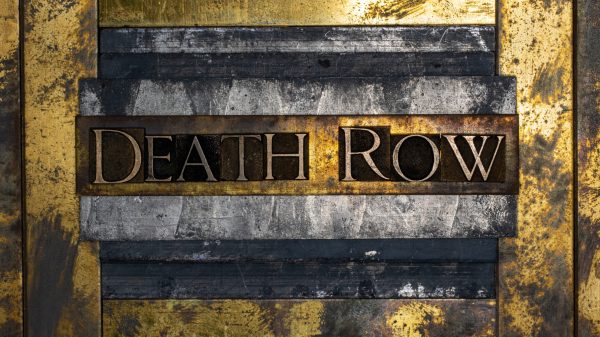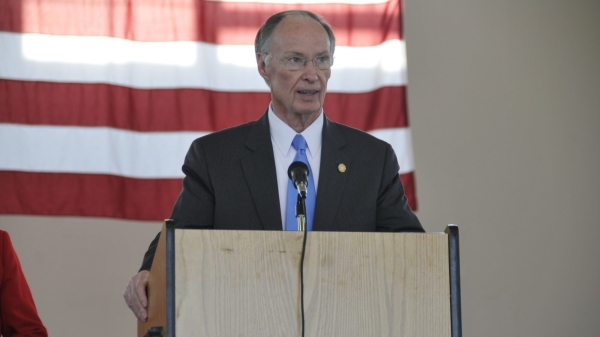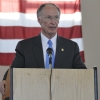By Josh Moon
Alabama Political Reporter
MONTGOMERY—Gov. Robert Bentley’s Advisory Council on Gaming isn’t going to meet its deadline.
Originally devised to offer guidance to the Governor and State lawmakers in time for the 2017 Regular Session, which begins Feb. 7, council members voted unanimously on Thursday to delay any report and set a new deadline of June 30 — well after the session has ended.
“It’s obvious that we’re not going to be able to meet this deadline (of January 31),” council chairman and State Finance Director Clinton Carter said. “I think it’s best if we push that back until June 30. It might not take us that long, but we’ll set that date.”
Carter blamed the delay on receiving an enormous amount of information from the numerous people who have spoken to the council, and the council’s realization that compiling that information and churning out advice for future gaming laws would be incredibly difficult.
During the meeting, Carter and other council members admitted they weren’t sure what such a report would look like or how it could be compiled, given the council members’ differences of opinion on many key aspects.
The lack of guidance from the council won’t help a legislative session that will again feature several attempts by lawmakers to push through gaming bills. Already in the system for the session are three bills aimed at establishing a lottery or casino gaming in the state and another bill that would require the governor to receive legislative approval before signing a gaming compact with the Poarch Creek Indians.
Over the course of several meetings, the council has heard from lottery officials from other states, the Poarch Creeks, VictoryLand, GreeneTrack and other casinos and from those adamantly opposed to gaming.
Thursday’s meeting featured representatives from Houston and Etowah counties, where development of major electronic bingo facilities were under way when former Gov. Bob Riley’s gaming task force was formed and began shutting down operations across the State.
Between Etowah, Houston, Macon and Greene counties alone, Riley’s task force brought to a halt the building of entertainment venues that combined cost more than $1 billion.
“These weren’t pie-in-the-sky dreams,” an attorney representing a gaming company in Etowah County told the council of a $250 million facility being constructed near Gadsden. “This project was approved and moving forward.”
Nearly a decade later, the State is no closer to defining the laws and passing the necessary legislation to bring about some clarity to the gaming argument in Alabama. That was supposed to be the job of the Gaming Council, but it will be June before they produce it.


